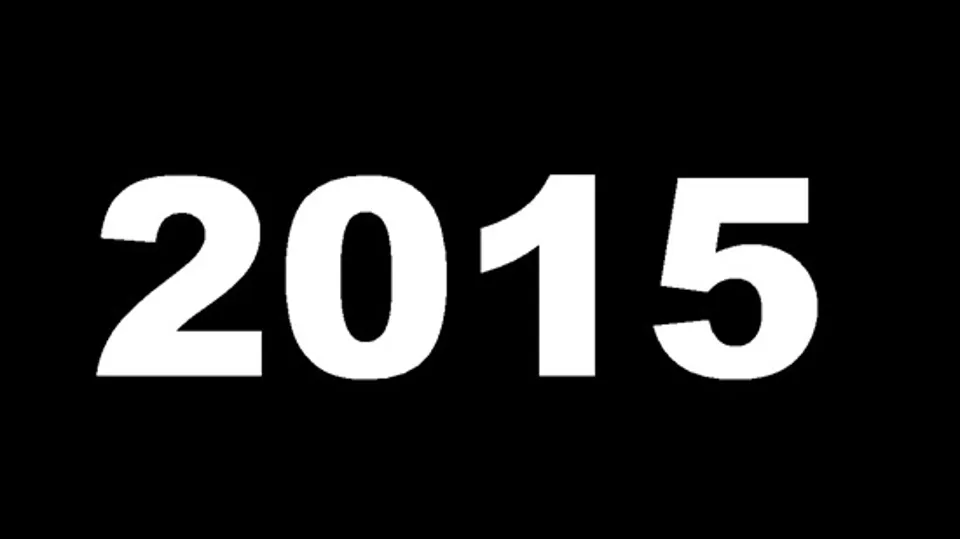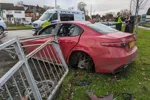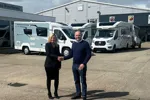For Nissan MD Jim Wright, the most important issue is to ensure the dealer network is scaling-up to cope with the increase in business which the brand has experienced. “We also have to ensure we’re working with the right partners and they’re set up to deal with both the increase in vehicle sales and aftersales business,” he said.
The next year will be the first full one with the five products launched in 2015, and Wright said the challenge for dealers was “to capitalise on the significant opportunity they represent”. He added: “I think the biggest challenge facing the market is that used sales keep pace with the level of growth in the new car market. This is essential if residual values are to be maintained at current levels. We’ve seen a major growth in the PCP business in the last three years so it’s important the used car market remains healthy. In order to do this, interest levels and business growth need to remain stable.”
So much for the manufacturers, what of the dealers? Philip Maskell, chairman of Essex Auto Group, said 2015 will be the year he hopes the multi-brand strategy he’s following produces a fuller ROI. He explained: “Ford is the engine room of what we do, with five dealers in south Essex, but we also have Skoda, Mazda, Seat, Kia and Fiat. We need all of them to pay their way and 2015 is the year I expect to see that come through to a greater level.”
Maskell is keen for the improved market conditions to be sustained, but believes it’s not a given. “There’s some nervousness about that because of the General Election. We know this can drive uncertainty with consumers but there’s nothing we can do about it.”
He added: “Not a lot keeps me up at night – after a long day I sleep quite well – but one challenge for us is aftersales. Everyone has a strategy to optimise customer loyalty, and aftersales is challenging because of extended service intervals, competition from independents and other franchised networks.”
Maskell argued that with greater stability in vehicle sales caused by the emergence of PCP and PCH as the dominating driver of growth, aftersales is more important than ever. “It’s 21 years since Ford launched the Options PCP and the mantra was always ‘New Every Two’. If we can take people out of a 3-4 year trade cycle and get it at 2-3 years, we increase sales volumes significantly. We enter each year with a strong portfolio of renewal opportunities. Aftersales is the mechanism that will keep them loyal to us.”
Stephen Brighton is MD of Hepworth Honda which has sites in Huddersfield and Halifax. For him, the biggest opportunity is the new Honda models coming in 2015. “The challenge will be making it count – making the business more profitable – because I think 2016 and 2017 will be more important as there will be more new models.”
Hepworth also has a SsangYong franchise, which has seen sales volumes double since the facelifted product range was unveiled early in 2014. A new B-segment SUV is due in showrooms soon. “We need to get both brands on customer shopping lists, but I think the biggest challenge is the Germans dumping product in the UK because European markets aren’t strong. You can get a Mercedes available for lower monthly payments than the volume brands.”














Login to comment
Comments
No comments have been made yet.